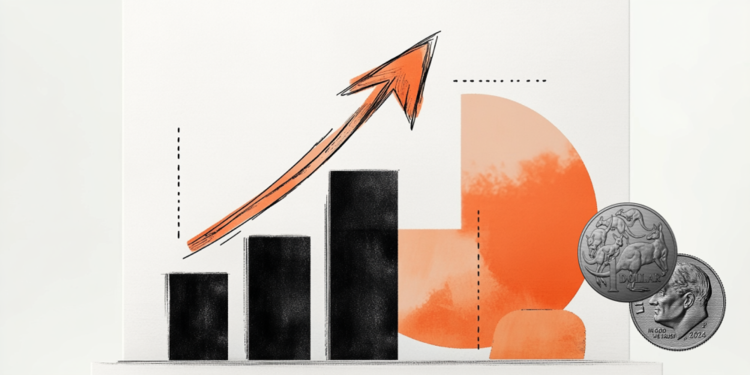The World Health Organization (WHO) has warned of high levels of resistance in bacteria that cause widespread infection and of increasing resistance to treatments of several bacteria that cause common infections among the population.
The resistance of microorganisms to antibiotics is one of the greatest threats to global health today. The problem is directly associated with the excessive and incorrect use of available antibiotics. The increase in the number of drug-resistant bacteria, popularly called superbugs, puts the health of humans and animals around the world at risk.
Combating self-medication and concern about the indiscriminate use of antibiotics were highlights of the program CNN Vital Signs presented by cardiologist Roberto Kalil (watch the full above ).
In the episode, experts explain that the great resistance shown by bacteria came from the uncontrolled use of antibiotics, which revolutionized medicine and saved lives.
“The driving force for resistance is the use of antibiotics. Not because it produces resistance, but because it kills those who are not resistant. So there’s only room left to multiply those who are resistant”, says Anna Sara Levin, head of the division of infectious and parasitic diseases at the Hospital das Clínicas in São Paulo.
The program also shows how the relationship between humans and bacteria has changed over the last hundred years: from the publication of studies by the bacteriologist Alexander Fleming, in 1929, on penicillin, considered the first antibiotic; to the emergence of KPC, the bacterium that produces enzymes that can resist broad-spectrum antibiotics.
“Since when we started, especially in World War II, to use penicillin a lot, we started to have resistance to the antibiotic right away. So it was a way for bacteria to really adapt to this new environment”, says physician Fernando Gatti Menezes, head of the Infectology Service at Hospital Israelita Albert Einstein.
Combating antimicrobial resistance takes into account the concept of One Health.
“The concept of One Health or the concept of Unique Health is intertwined with the concept that you cannot have human health if you do not have the health of the environment and the health of the animal. To be on a healthy planet, we need to have a healthy human, a healthy environment, and healthy animals. We are very interconnected”, explains the professor of infectology at the Paulista School of Medicine at the Federal University of São Paulo (Unifesp), Ana Cristina Gales.

Search
Brazil remains attentive to the phenomenon of resistant bacteria and develops relevant research in the area. A survey by the Oswaldo Cruz Foundation (Fiocruz) points out that the detection of antibiotic-resistant bacteria tripled in the Covid-19 pandemic.
In 2019, a little over a thousand isolates of antibiotic-resistant bacteria were sent by public health laboratories in several states of the country for in-depth analysis at the Hospital Infection Research Laboratory of the Oswaldo Cruz Institute (IOC/Fiocruz), which acts as a laboratory of the Analytical Sub-network of Microbial Resistance in Health Services (RM Sub-network), established by the National Health Surveillance Agency (Anvisa) and the Ministry of Health.
In 2020, the first year of the Covid-19 pandemic, the number of positive samples rose to almost 2,000. In 2021, in the period from January to October alone, the index exceeds 3,700 confirmed samples, an increase of more than three times compared to 2019, the pre-pandemic period.
“During the pandemic, there was an increase in the volume of patients hospitalized in serious condition and for long periods, who are at greater risk of nosocomial infection. There has also been an increase in the use of antibiotics, which increases the selective pressure on bacteria. It is a scenario that favors the spread of resistance, further aggravating a problem with a high impact on public health”, says the head of the Hospital Infection Research Laboratory, Ana Paula Assef, in a statement.
Professor at the Department of Microbiology at the Institute of Biomedical Sciences at the University of São Paulo (USP), Nilton Lincopan, reveals details of the creation of the OneBR platform (One Health Brazilian Resistance), the first genomic database available to assist professionals and health systems in epidemiological surveillance, diagnosis, management and control of antimicrobial resistance at the human-animal-environmental interface in the different states of Brazil.
Source: CNN Brasil
I am an experienced journalist and writer with a career in the news industry. My focus is on covering Top News stories for World Stock Market, where I provide comprehensive analysis and commentary on markets around the world. I have expertise in writing both long-form articles and shorter pieces that deliver timely, relevant updates to readers.







